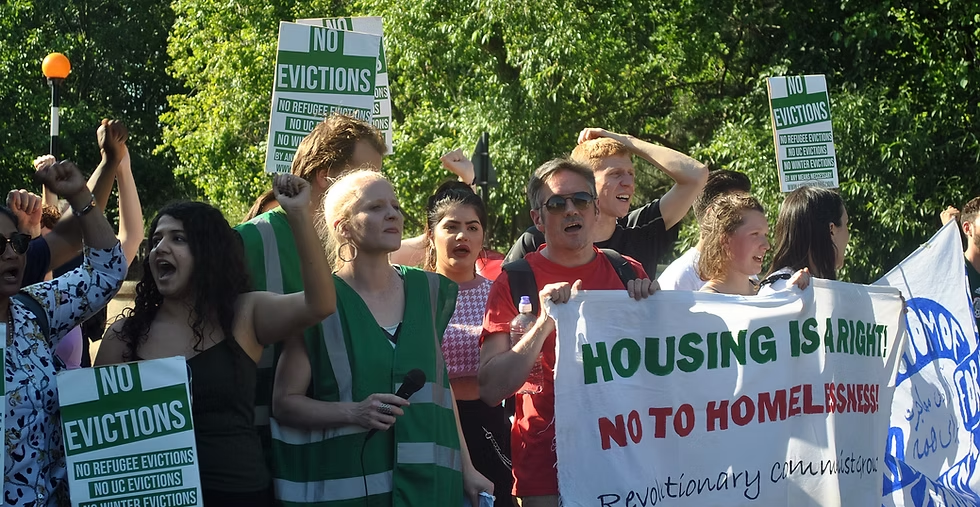After the 2014 independence referendum and the Brexit debate in 2016, it seemed that previous lively
political engagement in Scotland was fading, and the internationalist considerations around peace and
security dropped off the agenda or become mired in militarist definitions and exclusive hierarchies. Before the 2019 pandemic, some of us were inspired by the Rethinking Security network, and how their approach could usefully applied to the special social, demographic and political nature of Scotland.
Initial discussions included colleagues from UN House Scotland, which works with young academics exploring the UN process and we also had links with the Allanton Peace Sanctuary Allanton provided the ideal setting for a three-day retreat, funded through a social change trust, for representatives from a’ the airts to talk about real security issues like food, basic income, human rights, violence reduction, migration, climate justice, militarism and colonial impact.
About twenty of us had gathered and developed some action plans before the pandemic isolated us all! We wanted Scotland’s separate legal, parliamentary, and education system to enable a real debate on the changes that would be more difficult to discuss across the whole of the UK. This debate could highlight the worst effects of militarism, violent masculinities and discrimination, and Scotland’s small size, proportional representation and the accessibility of our parliament would add to the impact this could have.
In such a small country, we felt, we could reach most of the population and model a different approach. We received funding from Joseph Rowntree Charitable Trust for a three year programme, but a few months later the pandemic meant that all our plans had to be postponed or changed, and we were grateful to JRCT for their flexiblity which has allowed us to keep going, on line and by zoom until in 2022 we found and set up a public space and administrative centre – which is also home to Peace and Justice Scotland. Words and Actions is an information and event drop-in, an exhibition space and hosts meetings and community activities.
You can get involved in current projects and read about earlier ones on this website’s project page and we welcome enquiries, ideas and contributions. As it turned out, the pandemic illustrated how ill prepared and ineffective so called ‘security measures’ were in a real emergency. It also provided a very concrete example of how folk can co-operate and change and adapt their behaviour very quickly when they are persuaded it is for the common good.


